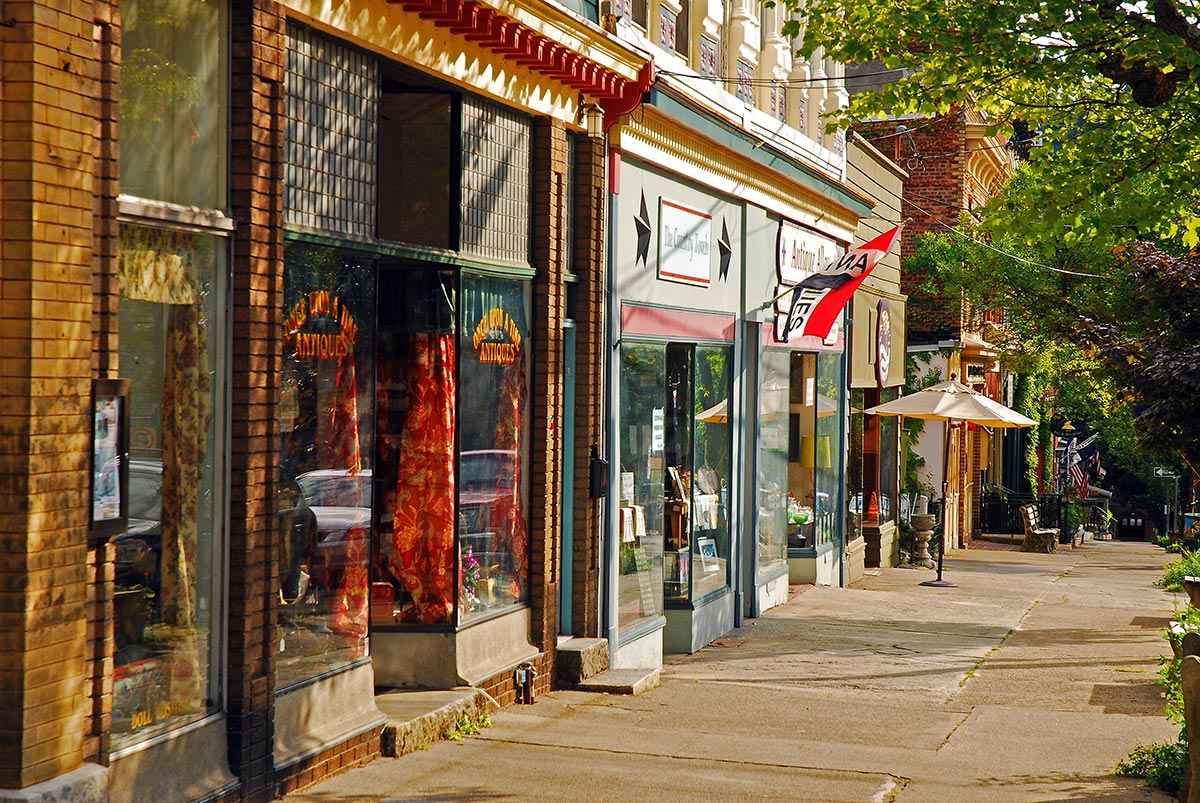As a business owner deeply invested in the wellness and beauty industry, I am continually aware of the impact that my business practices can have on the environment. In our current global climate, it’s more important than ever to implement sustainable practices that not only preserve but also enhance our natural world. In this blog, I’ll share some of the strategies I have developed and applied in my own ventures, BareSkin & Health Studio and HotMess Handiwork, to minimize environmental impact while maintaining profitability and customer satisfaction.
Embracing Eco-Friendly Products
One of the first steps I took in my journey towards sustainability was to ensure that the products we use and sell at BareSkin & Health Studio are eco-friendly. This means selecting products that are not only effective but also made from natural, biodegradable ingredients. We avoid products with harmful chemicals or synthetics that can cause damage to the environment when they wash down the drain. By choosing suppliers who prioritize sustainability, we ensure that our supply chain also reflects our environmental values.
Reducing Waste
Waste reduction is a crucial aspect of minimizing a business’s environmental footprint. In both of my businesses, we strive to implement zero-waste practices. This involves simple steps such as recycling and composting, as well as reducing the use of single-use plastics. For example, at HotMess Handiwork, we repurpose offcuts and remnants from our moccasin production to create smaller items such as keychains or jewelry, ensuring that we use as much of our raw materials as possible.
Conserving Energy
Energy conservation is another key area where businesses can make a significant impact. At our studio, we use energy-efficient lighting and appliances to reduce our energy consumption. We also make it a point to use renewable energy sources whenever possible. For instance, installing solar panels has been a goal of ours to further decrease our dependency on non-renewable energy sources, which not only helps the environment but also reduces our energy costs in the long run.
Sustainable Packaging
In the beauty and craft industries, packaging can be a significant source of waste. To combat this, we focus on using sustainable packaging options. This includes recyclable and reusable containers, and minimizing unnecessary packaging. We encourage our customers to return containers for refills, offering discounts as an incentive. This practice not only reduces waste but also fosters a closer relationship with our clients, who appreciate being part of our environmental efforts.
Educating Customers
Education plays a massive role in environmental conservation. By informing our customers about why we choose certain practices and how they can adopt similar strategies in their daily lives, we empower them to make informed decisions. Workshops, blog posts, and in-store signage about the benefits of eco-friendly products and practices help raise awareness and encourage community involvement, multiplying the positive impact of our efforts.
Community Involvement
Getting involved in community environmental initiatives has not only helped in networking but also in establishing our brand as an eco-conscious leader in the community. Participating in local clean-up drives, tree planting events, and environmental workshops allows us to give back and encourage others to get involved. It’s a wonderful way to connect with the community while promoting sustainability.
Challenges and Rewards
Implementing these strategies has not been without its challenges. Finding affordable, eco-friendly alternatives and convincing customers to try new, sustainable products sometimes requires additional effort and resources. However, the rewards, both environmental and business-wise, have been well worth it. Our commitment to sustainability has not only reduced our environmental impact but also attracted like-minded customers, enhancing customer loyalty and brand trust.
The Future of Sustainability in Business
Looking to the future, I am committed to continuing to explore new ways to reduce our environmental footprint. The goal is to not only make incremental changes in our own business but also inspire others to consider how they can implement similar practices in their operations.
Sustainability is not just a trend; it’s a necessary evolution of business practices in response to our global environmental crises. By taking actionable steps towards sustainability, we not only ensure the health of our planet but also build a stronger, more resilient business. As we continue on this path, I remain optimistic about the positive changes we can make and encourage other entrepreneurs to consider how their businesses can contribute to a healthier, greener world.


